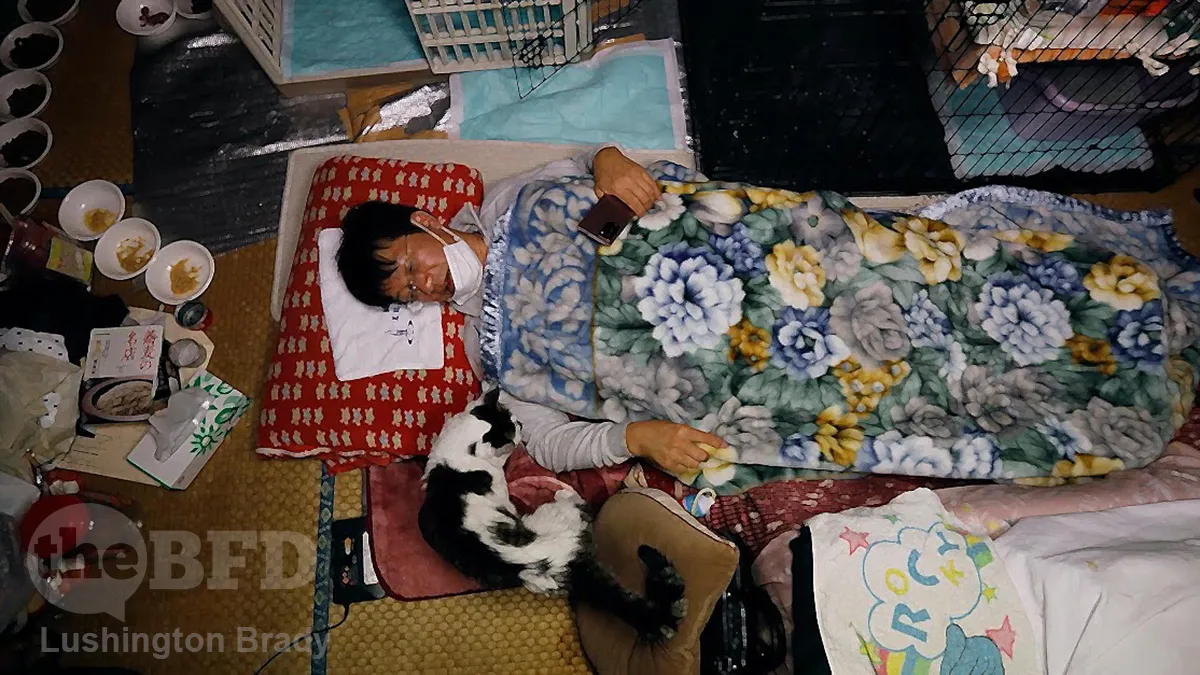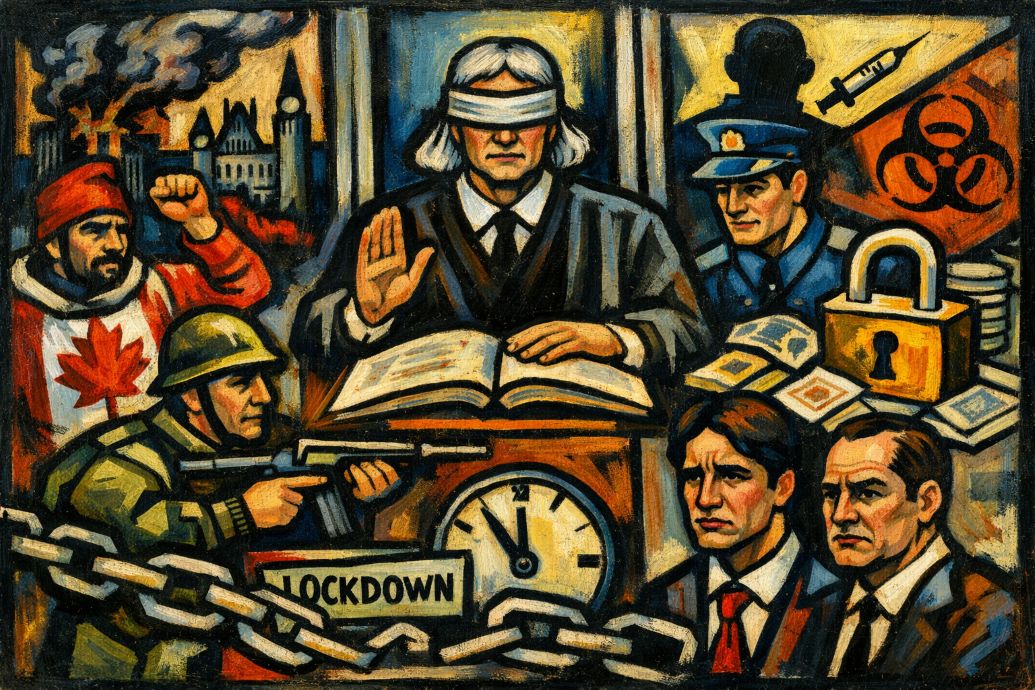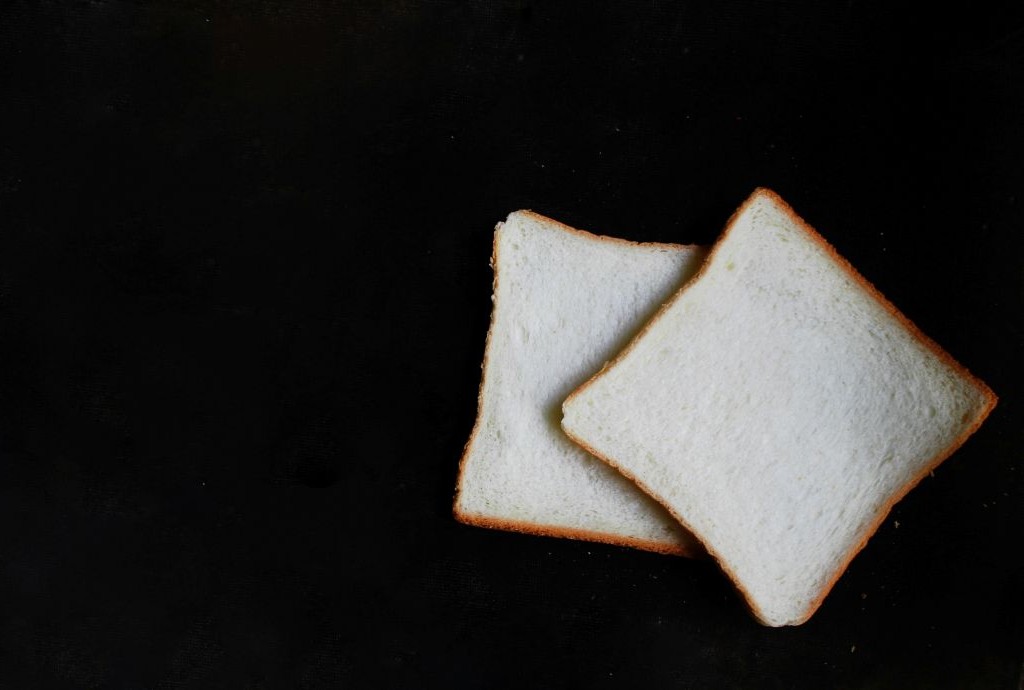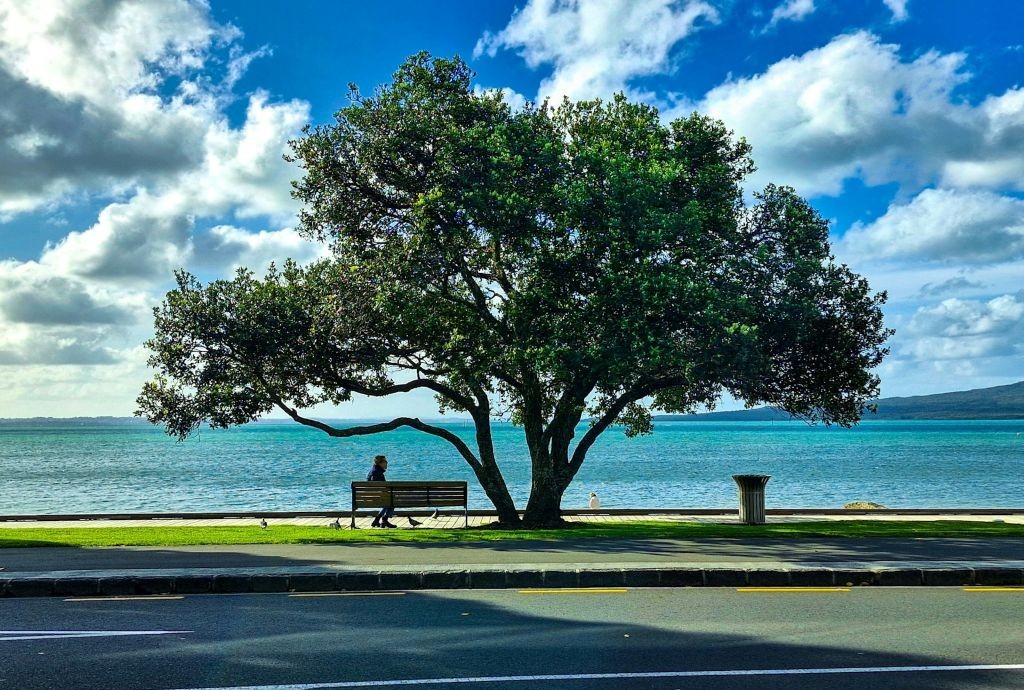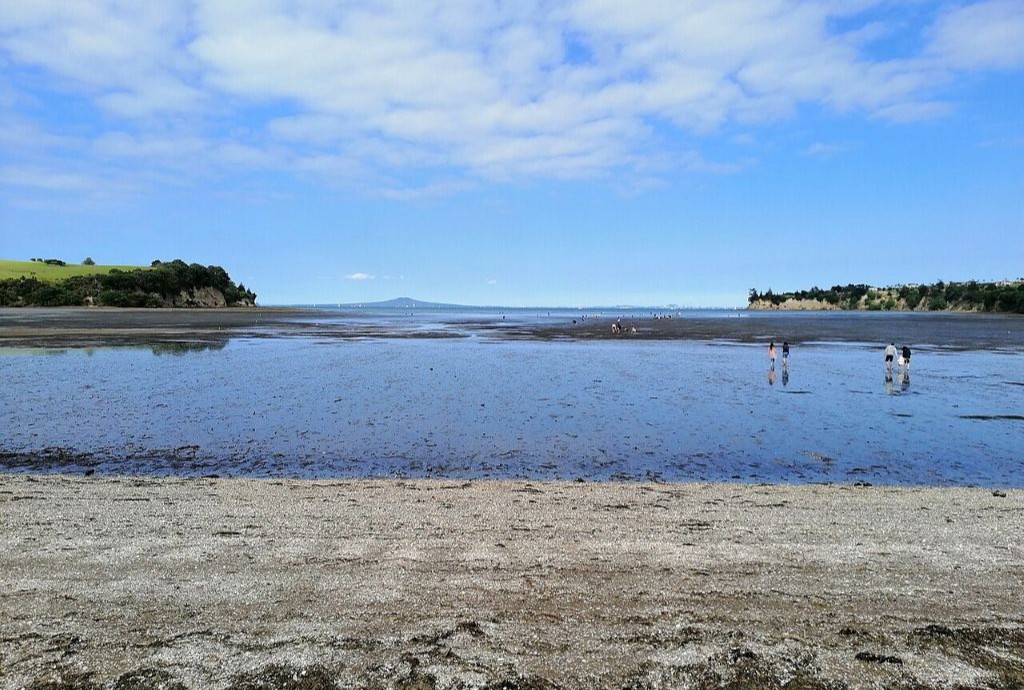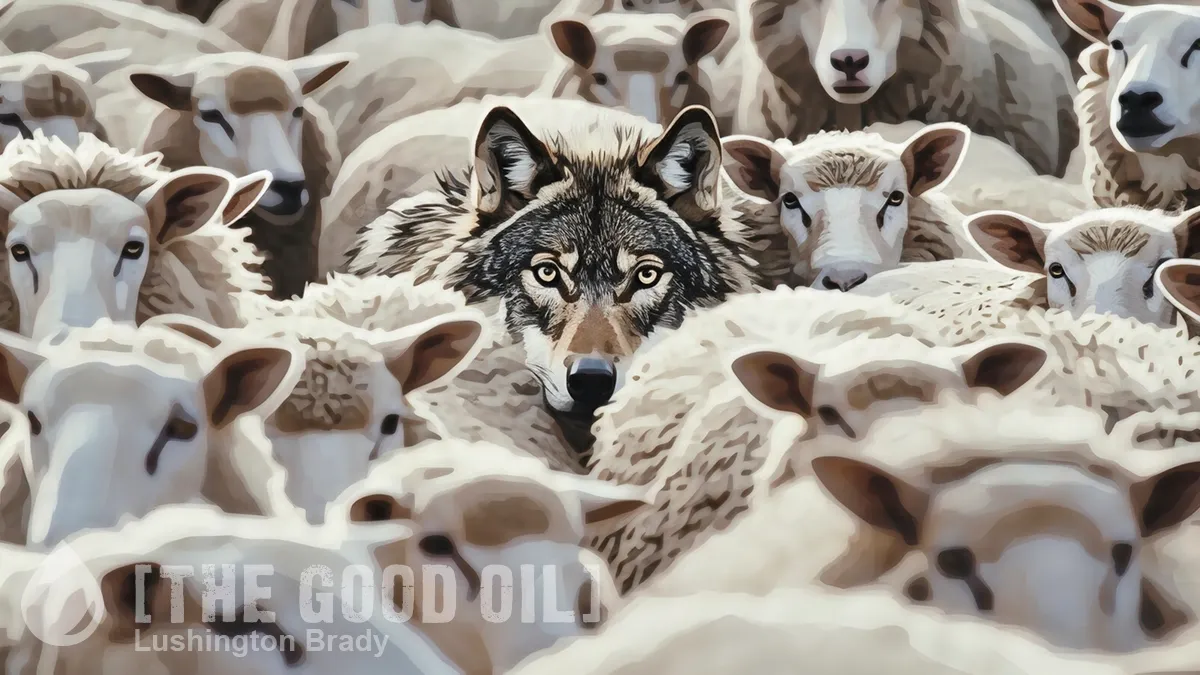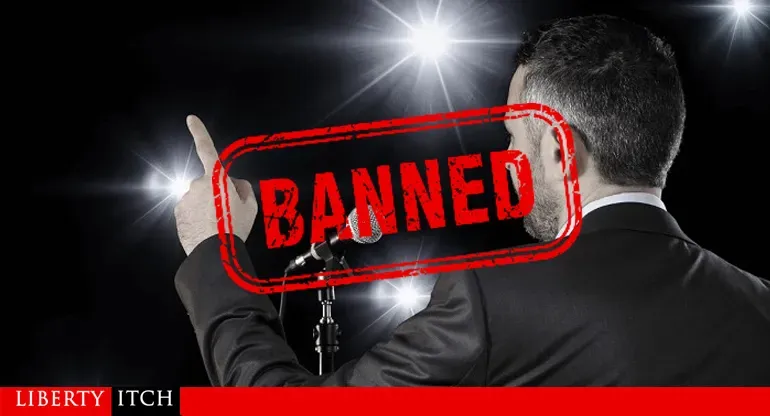Table of Contents
Some of the most gut-wrenching scenes in the bleak, brilliant mini-series Chernobyl are when a squad of soldiers is tasked with exterminating the abandoned pets of Pripyat. An earlier scene had shown dogs forlornly running alongside the buses taking their owners away forever. The task of shooting the abandoned animals clearly takes its toll on even battle-hardened soldiers.
Chernobyl was also full of horrifying human tragedy. Yet there is something about the plight of animals that pulls our heartstrings even harder. Just as the brutalisation of a child is more heinous than that of an adult, because a child is dependent, helpless and trusting. What is true of children is true of our companion animals.
Yet, when disaster strikes, animals are abandoned where humans are not. Logically, this is the right course of action – emotionally, it is a different matter altogether.
A friend of mine in the US runs a charity that daily feeds hundreds of stray and abandoned animals in her city – mostly cats. Besides feeding, the animals are given medical treatment and neutered. She founded the charity after a natural disaster led to thousands of animals being abandoned.
Sakae Kato is a similarly kind soul in Japan, who singlehandedly dedicates himself to the abandoned animals of Fukushima.
A decade ago, Sakae Kato stayed behind to rescue cats abandoned by neighbours who fled the radiation clouds belching from the nearby Fukushima nuclear plant. He won’t leave.
“I want to make sure I am here to take care of the last one,” he said from his home in the contaminated quarantine zone. “After that I want to die, whether that be a day or hour later.”
So far he has buried 23 cats in his garden, the most recent graves disturbed by wild boars that roam the depopulated community. He is looking after 41 others in his home and another empty building on his property[…]
The 57-year-old, a small construction business owner in his former life, says his decision to stay as 160,000 other people evacuated the area was spurred in part by the shock of finding dead pets in abandoned houses he helped demolish.
My American friend’s dedication to the welfare of abandoned animals is an act of unimaginable kindness, often done at considerable risk, given that the neighbourhoods where the animals are, are pretty dicey. Some people simply resent her feeding stray cats. She has had to acquire a concealed-carry permit.
Sakae Kato is similarly inspiring.
Sakae Kato plays with cats that he rescued called Mokkun and Charm, who are both infected with Feline leukemia virus, at his house which he also uses as a cat shelter, in a restricted zone in Namie, Japan, February 20, 2021.
The two-storey wooden structure is in poor condition.
Rotten floorboards sag. It is peppered with holes where wall panels and roof tiles that kept the rain out were dislodged by a powerful earth tremor last month, stirring frightening memories of the devastating quake on March 11, 2011, that led to a tsunami and a nuclear meltdown.
“It might last another two or three years. The walls have started to lean,” Kato said[…]
He estimates he spends $7,000 a month on his animals.
Kato is not the only person dedicated to the animals of Fukushima.
The Ranch of Hope [is] a cattle farm owned by Masami Yoshizawa, who defied an order to cull his irradiated livestock in protest against the government and Tokyo Electric Power.
Among the 233 bullocks still there is the last surviving bullock from the 50-strong herd [Hisae] Unuma used to tend, and one of her last living links to the life she had before the disaster.
The Wider Image
The Japanese government has adopted Fukushima as a symbol of national revival amid preparations for Tokyo Olympic Games. As decontamination proceeds, the government is encouraging residents to return.
When they do, they’ll hopefully find Sakae Kato and his rescue dog Pochi still tending to the animals left behind in the wake of disaster.
If, as an old saying has it, the bridge to heaven is guarded by every animal a person encountered in their life, people like Sakae Kato are surely guaranteed an easy passage.
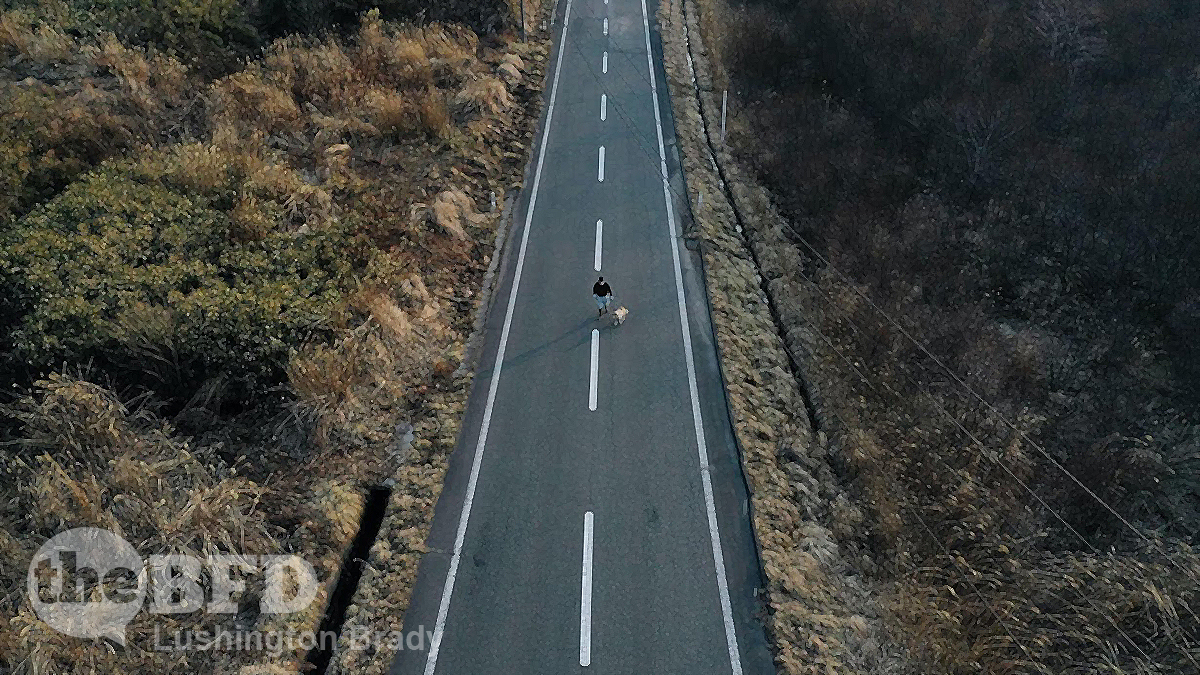
Please share this article so that others can discover The BFD

